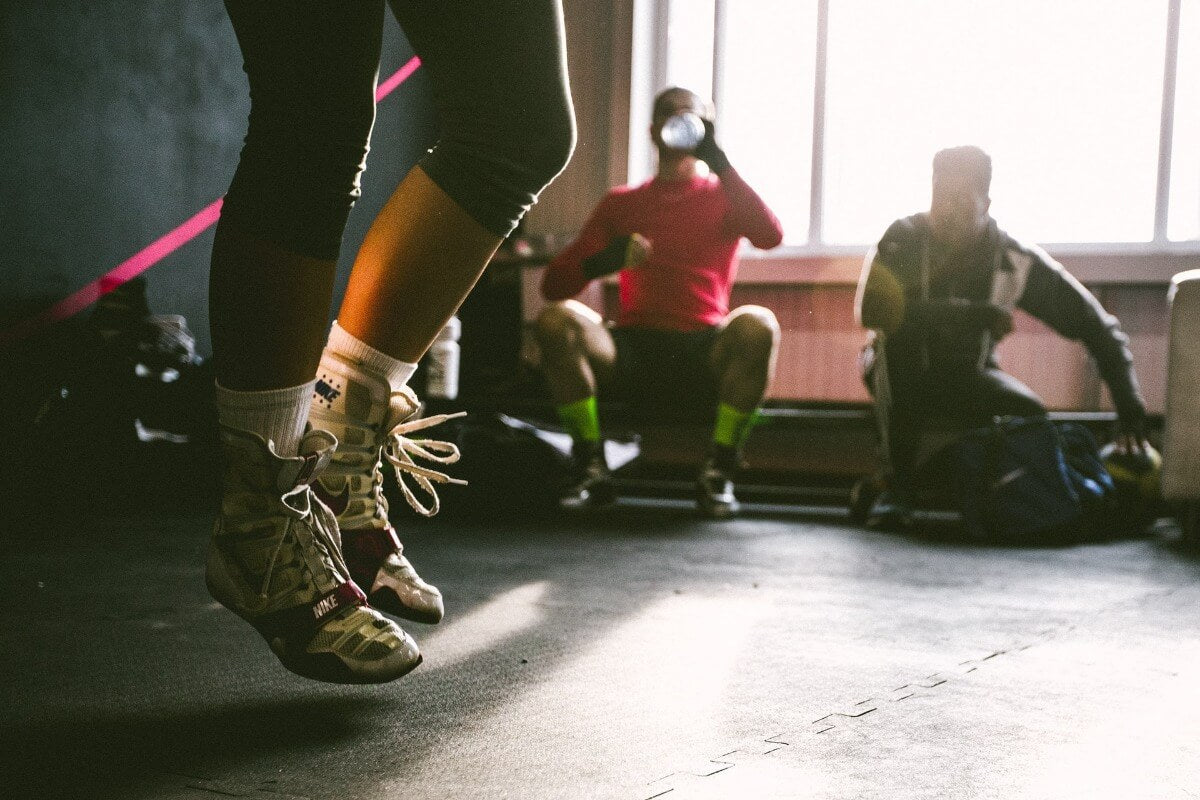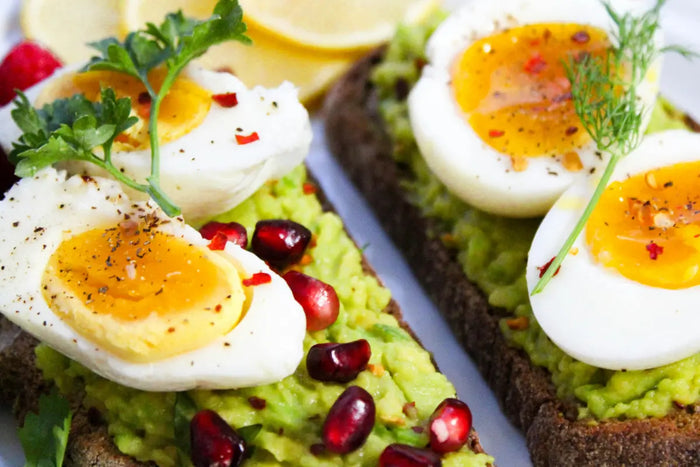Be honest - have you used a skipping rope since you were a kid trying to beat your friend to get to 100 skips on the playground? If not, you’re missing out. Using a skipping rope is one of the most underrated forms of exercise out there, and it may even be more effective than other types of cardio.
If you add jumping rope into your workout routine, you can look forward to not only burning lots and lots of calories but reducing your risk of heart disease and injury and strengthening your bone density and coordination.
A study published in 2013 in the Research Quarterly: American Association for Health, Physical Education and Recreation found that university-aged men who used a skipping rope for 10 minutes a day for six weeks improved their cardiovascular fitness by the same amount as university-aged men who jogged for 30 minutes a day for the same period of time.
Find out what the benefits of skipping rope are, how to add it to your workout and how long you should jump for to get the most out of it. You’ll need to bring your own rhymes to chant while you jump, however!
Skipping rope burns calories
Incredibly, jumping rope has been found to burn more calories than any other type of cardio. That’s right - more than running, cycling, swimming and rowing. You can burn 200-300 calories in as little as 15 minutes.
This is because skipping rope is considered to be a form of exercise which is thermogenic, which means it creates a lot of heat in the body, your body then needs to burn far more fuel than usual to produce this large amount of energy. This means that it burns a lot of calories fast. In addition, it works all of the body’s major energy systems - something you can feel when after just a few minutes of skipping rope, when you can feel your muscles beginning to burn and your heart rate skyrocket.
Skipping rope reduces injury risk and improves your coordination

Skipping frequently with a rope increases your coordination significantly - to the point where you might notice yourself improving at kicking a ball or your hand-eye coordination. This is due to the fact that the action of jumping rope forces you to carefully coordinate your upper and your lower body to be more agile and nimble at making sure that the rope doesn’t get caught in your feet. Your mental awareness of your body and its movement increases by a lot, and this makes you less injury-prone when doing other activities, such as running, lifting weight and playing sports.
There are studies to back this up. A study from 2017 in the Research Journal of Pharmacy and Technology discovered that when autistic children, who often struggle with coordination and keeping their balance, skipped rope, it improved their motor coordination. Plus, a 2015 study published by the Journal of Sports Science and Medicine determined that soccer players who were pre-teens and skipped rope had superior motor skills after eight weeks than pre-teens who only did soccer drills.
Skipping rope strengthens your bone density
Bone density means the strength of your bones, and how many minerals such as calcium you have within your body making them stronger. Jumping rope strengthens your bone density. Having a higher bone density can reduce the risk that you’ll develop osteoporosis later in life, especially for women and girls.
This occurs thanks to impact training, such as the constant jumping up and down that you do when you’re skipping with rope. When this happens to your body regularly, the body responds to this form of stress by reformulating the bone in your body to become denser and stronger. In 2019 the Korean Society for Bone and Mineral Research recommended jumping rope for 10 minutes a day to improve your bone strength, so the concept has medical backing. Always speak to your doctor about starting a new activity such as this if you’re unsure if it would be beneficial to you, however.
Skipping rope improves your heart health
You’ve probably noticed that when you start skipping, your heart starts pumping pretty fast. This means that this form of exercise is great for your cardiovascular system. Jumping rope can even improve the measure of the maximum amount of oxygen a person can use during exercise. The higher this amount is, the higher their amount of cardiovascular endurance.
In 2019, a study published in the Research Journal of Pharmacy and Technology said that college-aged men who engaged in two sessions of jumping rope a day for three months improved the amount of oxygen their bodies could use during exercise compared to those who just did their usual fitness regimes.
How should I incorporate skipping rope into my workout regime?
Skipping is cheap and easy - it can be done anywhere, and all you need is an inexpensive jump rope.
One easy way to include skipping into your exercise routine is to warm up with 10 minutes of jumping rope. You could also use skipping as an activity between rounds of resistance training or other circuits. Think how you did when you were a child, and skip down the street.
Don't forget to fuel up before you start jumping with one of our proteins or boosters - try The Strong Protein, to give you the power you need to get to the finish line.

















